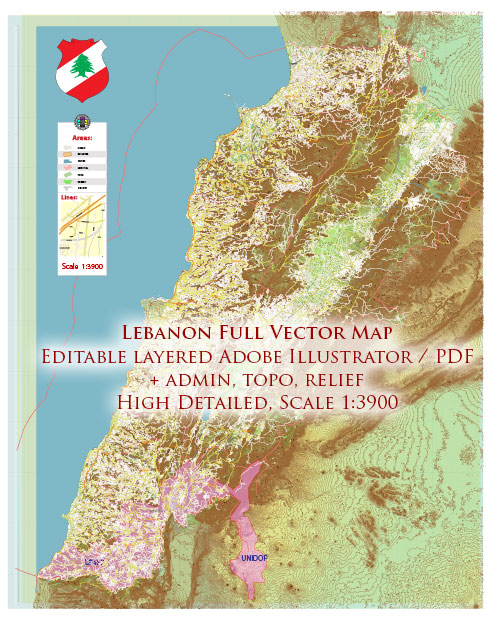Lebanon is a small country located in the Middle East, on the eastern coast of the Mediterranean Sea. It is known for its rich history, diverse culture, and complex political and religious landscape. Here are some key aspects of Lebanon:
- Geography: Lebanon is a relatively small country, covering an area of approximately 10,452 square kilometers (4,036 square miles). It is bordered by Syria to the north and east and Israel to the south, with the Mediterranean Sea to the west.
- Capital: Beirut is the capital and largest city of Lebanon. It has historically been a center of culture, finance, and trade in the region.
- History: Lebanon has a long and complex history, with a legacy dating back thousands of years. It has been ruled by various empires and has seen conflicts and occupations. In recent history, Lebanon endured a devastating civil war from 1975 to 1990.
- Religion: Lebanon is known for its religious diversity. The country is home to a significant Christian population, including Maronite, Greek Orthodox, and other Christian denominations. There is also a substantial Muslim population, including Sunni and Shia Muslims. Religious diversity has played a significant role in Lebanese politics and society.
- Politics: Lebanon has a unique political system based on a power-sharing arrangement among its various religious communities. This system, established by the National Pact in 1943, allocates political positions and representation based on religious affiliation. The President is traditionally a Maronite Christian, the Prime Minister is a Sunni Muslim, and the Speaker of Parliament is a Shia Muslim.
- Economy: Lebanon’s economy has faced significant challenges, including high levels of public debt, political instability, and economic crises. The country had been known for its banking and financial services sector but has faced severe financial difficulties in recent years.
- Culture: Lebanon has a rich cultural heritage that includes cuisine, music, and the arts. Lebanese cuisine is famous for dishes like hummus, falafel, tabbouleh, and kebabs. The country is also known for its music, especially traditional Arabic and modern pop music.
- Languages: Arabic is the official language, but French and English are also widely spoken, especially in business and education.
- Tourist Attractions: Lebanon has a variety of tourist attractions, including historical sites like the ancient city of Byblos, the Roman temples at Baalbek, and the historic town of Anjar. The country also offers beautiful Mediterranean beaches and scenic mountain ranges.
- Challenges: Lebanon has faced numerous challenges, including political instability, conflicts, and economic difficulties. The explosion in the port of Beirut in August 2020 caused significant damage and loss of life, further exacerbating the country’s problems.
Lebanon’s complex history and current situation make it a country with a unique blend of cultures and challenges. It has played a significant role in the history of the Middle East and continues to be an important regional player.


 Author: Kirill Shrayber, Ph.D. FRGS
Author: Kirill Shrayber, Ph.D. FRGS